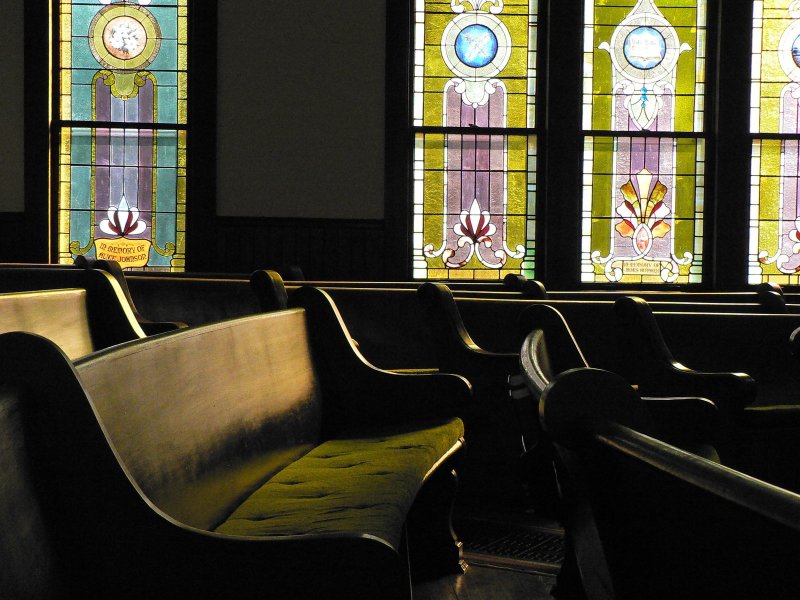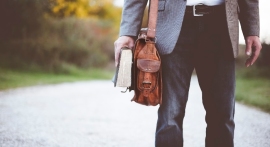
Texans have decided to take it upon themselves on whether governments can impose limits on churches and religious services on Election Day this coming November 2.
The Christian Headlines reported that Texans will vote on whether public health orders that impose shutdowns on houses of worship and businesses in line with the pandemic could be given by local governments and the state. The election will decide if Proposition 3, which forbids state or local governments from limiting or even prohibiting religious services on certain occasions, will be added to the Texas Constitution.
Proposition 3 has previously passed both Texas House of Representatives and the Senate with bipartisan support although it has ironically divided religious groups on it. University of Texas Professor of Government Eric McDaniel remarked in an interview with Courthouse News Service that the bipartisan support shown in line with the proposed amendment in the constitution was not surprising. He pointed out that Texans, by nature, value religion.
"Religion, especially in Texas, is very important to people and no politician wants to be seen as anti-religion. Going after religion in Texas is probably worse than going after Social Security," McDaniel said.
Proposition 3 or Freedom to Act was sponsored by Representative Scott Sanford who said closing places of worship during "a time of crisis" such as the COVID-19 pandemic "violated their religious freedom." Sanford is passionate about it being an executive pastor himself from an Allen-based church.
Sanford is supported by Glorious Way Church Pastor John Greiner who finds Proposition 3 as important. Greiner is one of the three pastors who filed a petition against Harris County Judge Lina Hidalgo in the Texas Supreme Court for ordering that churches be closed in line with the pandemic. The pastors contested that the order was unconstitutional.
Greiner has been a strong advocate of Proposition 3 as he talks about its importance and of voting for it from the pulpit. He has also launched a My God Votes campaign to urge faith leaders to make a stand for religious freedom on such matters. Greiner said in an interview with RNS that the church has a responsibility to guide people in what they should be voting for. He stressed that teaching people to vote "Yes" on the proposition is one of them, especially since many got "upset" when the church was closed due to the lockdowns.
Meanwhile, Baptist Joint Committee Executive Director Amanda Tyler said in an interview with Religion News Service that the amendment was not necessary and quite broad. Tyler pointed out that it actually sends "a damaging message that religious people are more concerned about special treatment than they are about the good of their communities."
Tyler explained that the Religious Freedom and Restoration Act of the state already provides strong protections since it "provides the right balancing standard to decide issues in the free exercise rights of individuals and communities (that) might come into conflict with government interests." She then expressed hopes that Texans would understand this matter deeply and its negative consequences.
"I would hope that the voters of Texas would understand the strong protections for free exercise that they already enjoy and understand that this extra provision in the Constitution is unnecessary, over broad and could actually jeopardize the health and safety of their communities," Tyler stressed.
Join Us For Justice's David Marcus echoes Tyler's sentiments on the amendment having negative consequences. Join Us For Justice is located in El Paso and is a chapter of the Americans United for Separation of Church and State. Marcus underscored in an article he wrote for El Paso Matters that the amendment "could have deadly consequences if the COVID-19 pandemic worsens or if we face a more contagious virus."
Other critics of Proposition 3 include the Houston Chronicle who wrote an editorial against it, urging voters to cast "No" for their votes since they find the amendment as one "that goes too far" out of believing it "ties the hands of officials trying to keep people safe."






























